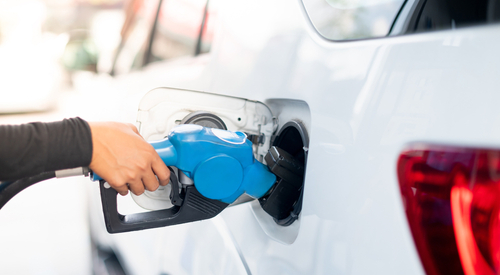
On Friday, the U.S. Department of Transportation’s National Highway Traffic Safety Administration (NHTSA) announced it had proposed updating fuel economy standards to 58 miles per gallon.
The proposal would make passenger cars and light trucks more fuel efficient, the agency said, and are intended to be implemented by 2032. The agency’s proposal kicks of a two month public comment period, as well as engagement with stakeholders on how to make the vehicles more fuel efficient. The agency said the proposal will also drive fuel efficiency improvements for heavy-duty pickup trucks and work vans.
“Better vehicle fuel efficiency means more money in Americans’ pockets and stronger energy security for the entire nation,” U.S. Transportation Secretary Pete Buttigieg said.
If finalized as proposed, the agency said, the updated standards would save American citizens hundreds of dollars at the pump. NHTSA estimated the combined benefits of the proposal exceed costs by more than $18 billion.
The agency said its proposed standard will complement and align with emission standards recently proposed by the Environmental Protection Agency (EPA). Additionally, the agency said it would coordinate with the EPA to optimize the effectiveness of the new standards while minimizing compliance costs.
The proposed rule sets targets consistent with Congressional direction to conserve fuel and promote American energy independence, while providing flexibility to the American automotive manufacturing industry on how to achieve those targets. The standards to not take electric and other alternative fuels into account, but auto makers may use all available technologies to come into compliance, the agency said.
“Standards have driven the auto industry to innovate in improving fuel economy in ways that benefit our nation and all Americans,” NHTSA Acting Administrator Ann Carlson said. “The new standards we’re proposing today would advance our energy security, reduce harmful emissions, and save families and business owners money at the pump. That’s good news for everyone.”